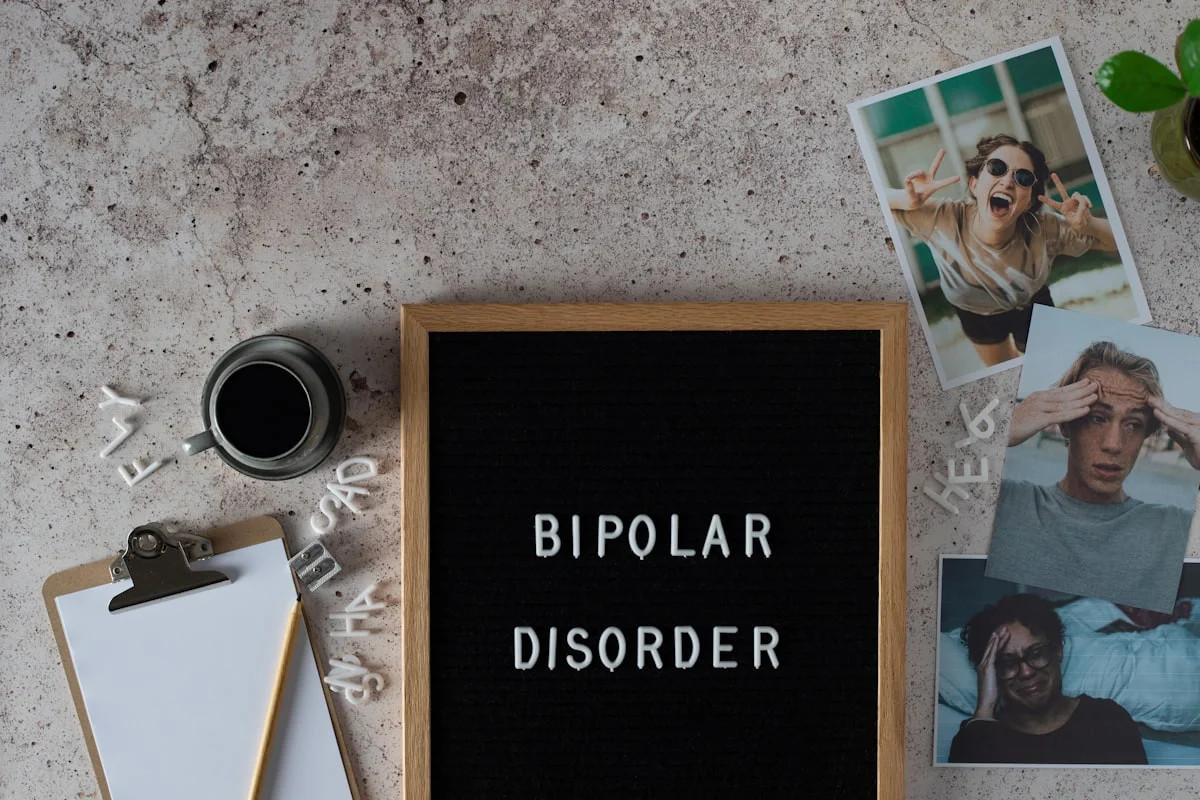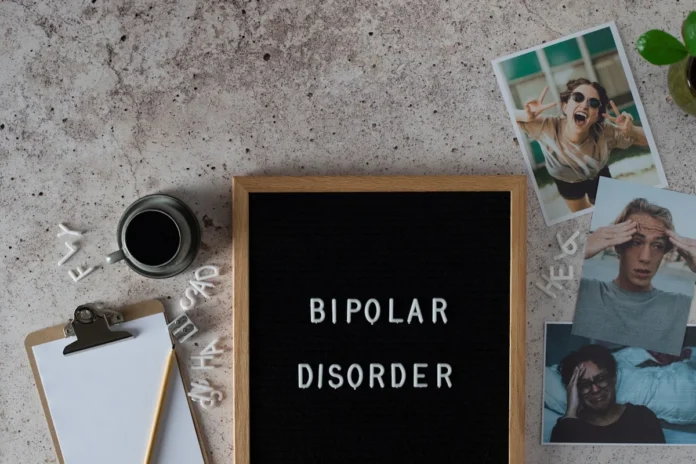“`html
Understanding Risperidone for bipolar Disorder
Bipolar disorder is a complex mental health condition characterized by extreme mood swings, including episodes of mania, hypomania, and depression. Managing these symptoms often requires a combination of therapy and medication. One such medication is risperidone, an antipsychotic that can help stabilize mood and reduce symptoms of mania or mixed episodes. If you or a loved one has been prescribed risperidone, understanding the appropriate starting dose is crucial for safety and effectiveness.

What Is Risperidone
Risperidone belongs to a class of medications known as atypical antipsychotics. It works by affecting certain neurotransmitters in the brain, such as dopamine and serotonin, which play a role in mood regulation. While it is commonly used to treat schizophrenia, risperidone is also FDA-approved for managing acute manic or mixed episodes associated with bipolar I disorder. It can be prescribed alone or alongside mood stabilizers like lithium or valproate.
Recommended Starting Dose of Risperidone for Bipolar Disorder
The initial dosage of risperidone varies depending on factors such as age, symptom severity, and other medications being taken. For adults with bipolar disorder experiencing a manic or mixed episode, the typical starting dose ranges from 1 mg to 2 mg per day, usually taken once daily or divided into two doses. Doctors often begin with a lower dose to minimize side effects and gradually increase it if necessary.
Adjusting the Dosage
After starting risperidone, a healthcare provider will closely monitor the patient’s response. If symptoms persist and the medication is well-tolerated, the dose may be increased in increments of 1 mg per day, usually every 24 hours or longer. The effective dose for most adults typically falls between 2 mg and 6 mg per day. However, exceeding 6 mg daily is generally not recommended unless under strict medical supervision due to increased risk of side effects.
Special Considerations for Different Populations
Certain groups require adjusted dosing to ensure safety and efficacy. Older adults, for example, may be more sensitive to risperidone and often start at a lower dose, such as 0.5 mg per day. Similarly, individuals with liver or kidney impairment may need dosage adjustments to prevent excessive drug buildup in the body. Pediatric use of risperidone for bipolar disorder is less common and must be carefully evaluated by a child psychiatrist.
Potential Side Effects
Like all medications, risperidone can cause side effects, especially when first starting treatment. Common reactions include drowsiness, dizziness, weight gain, and mild tremors. More serious but rare side effects may include muscle stiffness, irregular heartbeat, or signs of high blood sugar. Patients should report any unusual symptoms to their doctor immediately. Starting with a low dose helps mitigate these risks while allowing the body to adjust.
How Long Does It Take to Work
Risperidone does not produce immediate results. While some individuals may notice slight improvements in sleep or agitation within a few days, the full therapeutic effects for bipolar mania usually take two to four weeks. Consistency is key—patients should take risperidone as prescribed and avoid sudden discontinuation, which can lead to withdrawal symptoms or symptom recurrence.
Monitoring and Long-Term Use
Regular follow-ups with a healthcare provider are essential when taking risperidone. Blood tests, weight monitoring, and assessments for metabolic changes may be recommended, especially with prolonged use. If symptoms remain well-controlled, the same dose may be maintained. However, if bipolar disorder enters a stable phase, a doctor might consider tapering the dose or switching to another maintenance medication to reduce long-term side effects.
Conclusion
Starting risperidone for bipolar disorder requires careful consideration of dosage, individual health factors, and close medical supervision. Beginning with a low dose and gradually adjusting based on response helps balance effectiveness with tolerability. If you have questions about risperidone or bipolar treatment, always consult a trusted healthcare professional to ensure the best possible outcomes for mental health and well-being.
“`



